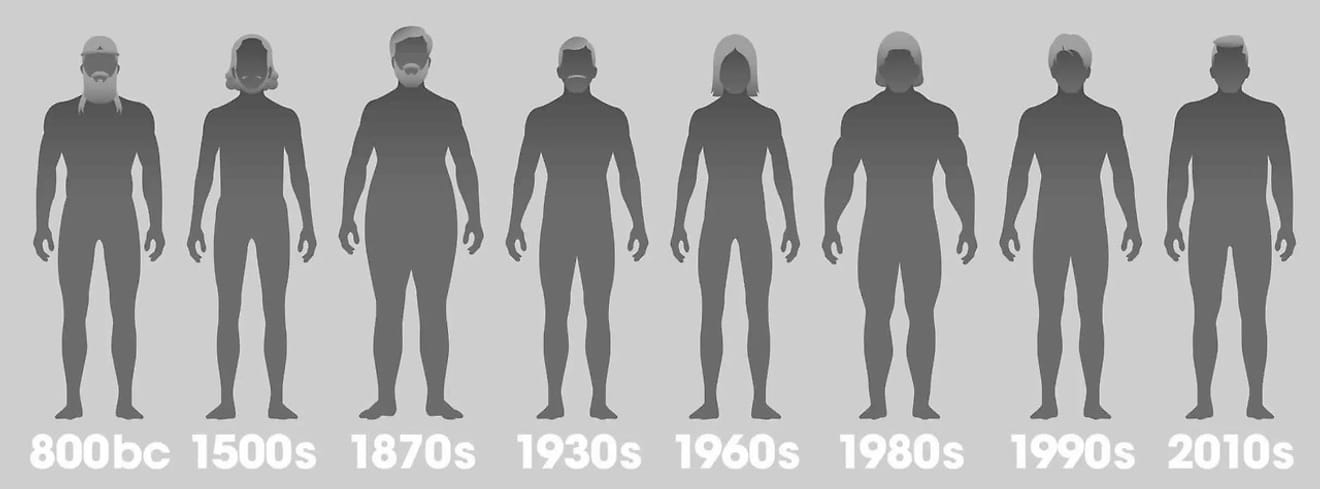The theme of CES 2024, the largest consumer electronics event held in Las Vegas, USA last January, was All On. It signified that companies' attempts to commercialize artificial intelligence, which has seen a surge in interest and investment over the past five years, are now reaching a level where they can be observed in everyday life by the general public—that is, the AIfication of all industries. Just as we take the internet for granted in our lives today and don't usually bring it up as a topic of conversation, this signifies that a quiet revolution in the everyday application of artificial intelligence is rapidly underway.
In 2016, Google's AI Go program AlphaGo captivated the world by learning Go on its own using neural networks, running millions of scenarios, and defeating human opponents. While this case became a very persuasive example of the potential of artificial intelligence, it was a sad event for the professional Go players who had dedicated their lives to the field. Furthermore, it served as a reminder of the previously taken-for-granted premise that humans are the ones playing Go. Chatbots as conversational partners, self-driving cars that take charge of driving, and productivity-related digital tools that summarize and translate documents are all products of technological design stemming from human's relative roles. Apple's Vision Pro is an attempt to expand human experiences based on human senses such as sight, touch, and hearing, and the robot finger prosthesis Mark 7D from the company, Manus, helps regenerate human activities.
However, behind this growing technological leap, there is always the 'body,' which has existed since the dawn of human history and continues to exist today. We need to talk about this more intentionally moving forward. Because we believe that we are witnessing a historical renegotiation of the body, the most fundamental and sensory element of our existence.
If our fundamental perspective on the body, connected to ourselves and the world around us, is changing, we need to reassess what will replace it, what our current standards are for desiring someone and feeling connected to them, and how the way objects, companies, and humans interact with each other will change. As new ideals, desires, and relationships with the body materialize, understanding the changing relationship between us and our bodies will play a key role in predicting future commercial opportunities for new technologies ranging from computing to biotechnology and materials science, new products ranging from beauty care to automobiles, and companies pondering sustainable investments.

the ‘ideal’ male body has changed throughout history
The concept of the body has been a central concern throughout history. Scholars have defined the relationship between the body and humans in the 21st century as 'forgetfulness.' This can be seen as a reflection of the changing social focus on the 'perfect body' in which various technologies make us forget how much an actual organism smells, ages, and decays. However, on the other hand, we are also witnessing a shift from the previous logical and neutral way of thinking about the human body in almost every field, including social discourse, aesthetics, consumption, technology, and biological innovation, toward an uncontrollable, felt, and passionate direction—that is, a change toward accepting the body as the body itself.
Social acceptance of gender and sexual orientation is becoming more widespread as a new sexual revolution, and the fields of food and biotechnology are showing a significant advancement in their ability to present products and treatments that allow us to accept artificial things as natural. Moreover, we are rediscovering the allure of the unknown life forms around our bodies, such as the gut microbiome. The tension between this immersion in the body itself and attempts to expand its functions is expected to continue in the future. In this regard, it is necessary to focus more specific questions and attention on the following three topics.
First, sex and intimacy, when viewed through social phenomena such as singlehood and declining birth rates, can be considered topics that have become more privately distant from consumers than before. It is necessary to examine where the purpose of seduction is heading anew when considering classic marketing strategies such as sex appeal. Second, nature and decay is a topic that signifies interest in aesthetics through natural materials that appear to be alive. It is necessary to understand what the new popular aesthetics are that view even nature as a subject of optimization, going beyond the previous extraction paradigm. Third, technology and the body is a topic through which we can examine the new relationship we have with our bodies under the goal of next-generation augmented and virtual reality. In order to understand the interaction between humans and machines and the possibilities of technology in the physical and digital worlds, it is necessary to examine the business and social applicability based on the body.

References
Comments0